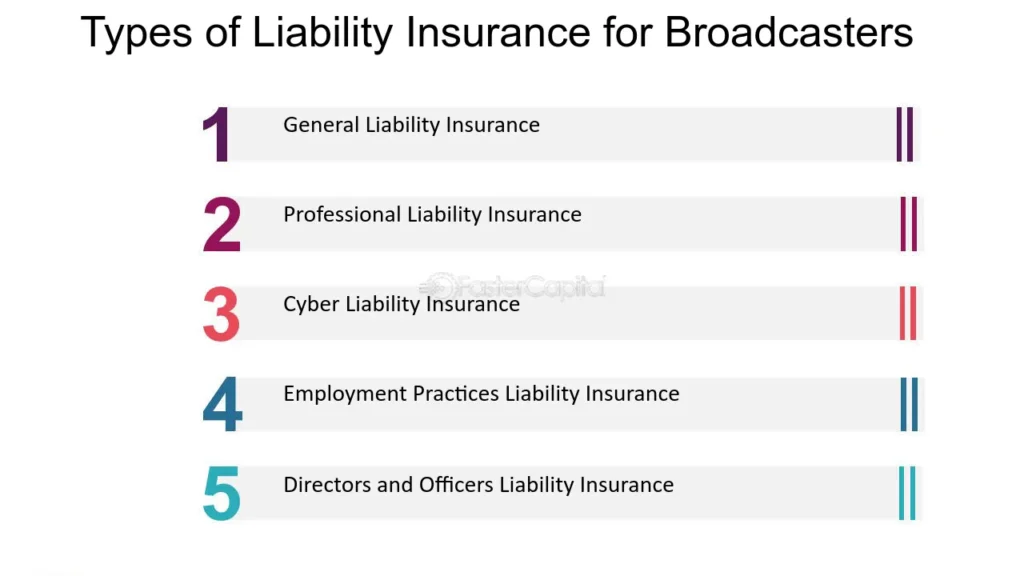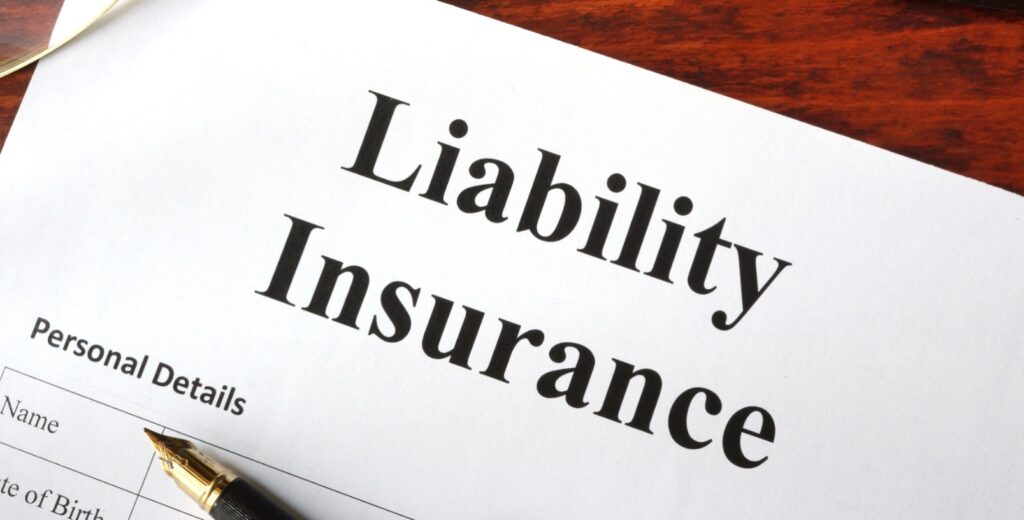Liability insurance is a vital form of protection for individuals and businesses alike. It covers legal costs and payouts when you’re held responsible for injury, damage, or negligence. Without it, even a minor accident or lawsuit could result in massive financial loss. So, how does it work? When someone claims you—say for a slip-and-fall accident at your business—your liability insurance can help cover medical bills, legal defense costs, and settlements or judgments up to your policy limits. You pay a monthly or annual premium, and the insurance steps in when covered incidents occur.
There are several significant types of liability insurance: general liability, professional liability (E&O), product liability, employer’s liability, and cyber liability, among others. Each type addresses specific risks in different industries or situations. Whether you’re a contractor, consultant, small business owner, or simply a homeowner, understanding your liability coverage is essential. It’s not just about legal protection—it’s about peace of mind. Let’s explore some of the most common questions surrounding liability insurance.
Introduction: Understanding Liability Insurance

Liability insurance is a type of insurance policy that protects individuals or businesses from the financial risk of being held legally responsible for causing injury, property damage, or other losses to another person or entity. Whether you’re a homeowner, driver, doctor, or business owner, liability insurance is a crucial safety net that can help cover legal costs, settlements, and damages when you’re at fault.
How Liability Insurance Works
At its core, liability insurance works by:
- Assessing Risk: Insurers evaluate how likely you are to be involved in an incident where you’re held responsible for harm.
- Providing Coverage: Once you’re insured, your policy covers legal defense costs, court-ordered payments, and settlement expenses—up to your policy limits.
- Paying Claims: If a claim is made against you, and it’s valid, the insurance company will step in to pay for damages and legal costs.
Who Needs Liability Insurance?
Liability insurance is needed by:
- Individuals: Homeowners, car owners, landlords, dog owners.
- Professionals: Doctors, lawyers, consultants, accountants.
- Businesses: Any company that interacts with the public, sells products, owns property, or employs workers.
Key Components of Liability Insurance
A liability policy generally includes:
- Bodily Injury Coverage: Pays for medical bills, legal fees, or compensation when someone is injured due to your negligence.
- Property Damage Coverage: Covers damage to another person’s belongings or property.
- Legal Defense: Covers the cost of hiring lawyers, going to court, and handling settlements.
- Policy Limits: Maximum amount your insurer will pay. You may have per-occurrence limits and aggregate annual limits.
- Exclusions: Specific situations or types of damage not covered (e.g., intentional harm or criminal acts).
Major Types of Liability Insurance
Here are some of the most common and important types of liability insurance:

General Liability Insurance
Covers bodily injury and property damage claims made against a business. Often required for contracts or leases.
Professional Liability Insurance (Errors & Omissions)
It protects professionals (lawyers, consultants, etc.) from lawsuits arising from mistakes, negligence, or failure to deliver promised services.
Product Liability Insurance
Essential for manufacturers, distributors, and retailers. Covers harm caused by defective products.
Employer’s Liability Insurance
Covers a business when an employee sues over a work-related injury not covered by workers’ comp.
Public Liability Insurance
Covers accidents involving members of the public on your premises. Common in retail, hospitality, and events.
Cyber Liability Insurance
Covers costs related to data breaches, hacking, and other cyber incidents.
Auto Liability Insurance
Required by law in most places. Covers bodily injury and property damage if you’re at fault in a car accident.
Real-Life Scenarios Where Liability Insurance Helps
Here are practical examples where liability insurance steps in:
- A customer slips and falls in your store: General liability pays for medical bills and legal fees.
- A consultant provides incorrect financial advice: Professional liability covers the lawsuit.
- A defective toy injures a child: Product liability compensates the injured party.
- You cause a car crash and damage another vehicle: Auto liability pays for repairs and medical care.
What Liability Insurance Doesn’t Cover

Liability insurance does not cover everything. Common exclusions include:
- Intentional acts: Deliberate harm or illegal activity.
- Your property damage Only covers third-party claims.
- Contractual liabilities: Unless explicitly stated.
- Employee injuries: Covered by workers’ compensation insurance, not liability.
Final Thoughts: Is Liability Insurance Worth It?
Absolutely—liability insurance is not optional in today’s world. Lawsuits are increasingly common and costly, and even a tiny mistake can lead to serious financial consequences. For businesses and individuals alike, liability insurance offers peace of mind, legal protection, and economic security.
Whether you’re self-employed, a small business owner, or just someone who wants to be protected from life’s unexpected events—liability insurance is a wise and essential investment.
Frequently Asked Questions
What is liability insurance?
It’s coverage that protects you from financial loss if you’re found legally responsible for injury or damage.
Who needs liability insurance?
Almost everyone—from business owners to freelancers to homeowners.
What does it typically cover?
Legal fees, settlements, medical expenses, and property damage caused to others.
Does the law require liability insurance?
Sometimes—such as auto liability or employer’s liability for workers’ comp in most states.
What’s the difference between general and professional liability?
General covers physical risks (like injury/property damage), while professional covers service-related mistakes or negligence.
How much coverage do I need?
It depends on your business type, size, industry risks, and client requirements.
Does liability insurance cover employee injuries?
No, you’d need workers’ compensation for that.
Can I be sued even with liability insurance?
Yes—but the insurance helps cover legal costs and settlements.
Does it cover intentional acts?
No—liability insurance only covers accidental or negligent actions, not intentional harm.
How do I choose the right type of liability insurance?
Consult an insurance agent who understands your specific industry and risk profile.
Conclusion
Liability insurance is more than just a policy—it’s a shield against the unpredictable. From lawsuits to accidents, it protects your finances and reputation when things go wrong. Whether you’re a business owner safeguarding your company or an individual protecting personal assets, the proper liability coverage ensures you’re not left paying out of pocket for costly claims. With different types available for other risks, it’s crucial to assess your exposure and tailor your policy accordingly. Insurance might not prevent accidents, but it ensures you’re ready when they happen—so you can move forward with confidence.




